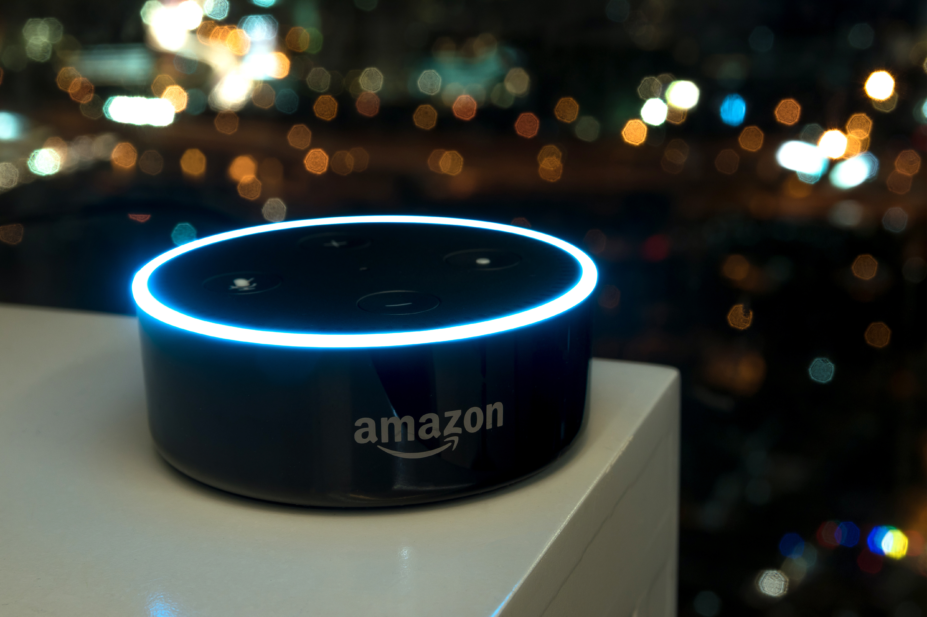
Shutterstock.com
Patients with dementia can be “deeply distressed” to receive medication reminders from Alexa-type devices, according to technology thinktank Doteveryone.
In its report, ‘Better care in the age of automation’, which was published on 23 September 2019 and explores how technology can be used “responsibly and effectively” in the care sector, Doteveryone said that using virtual assistants to support home-based care may seem sensible, but it does not take into account any additional needs of patients with dementia, learning disabilities or physical conditions that affect speech.
Lydia Nicholas, programme manager at Doteveryone, wrote a blog on the report. “The job of reminding someone to take their medication involves a lot more than the task of saying ‘time to take your medication’,” she said.
“It may involve convincing someone with dementia, who is confused and distressed, that their medication is safe,” she added.
The report also concluded that if NHS appointment reminders are sent by text message, then that text should be checked for readability and the NHS must ensure that it works with text-to-speech software.
Potential problems such as these are often invisible to people who have not experienced illness, disability or caring, the thinktank said.
The report also said that care providers are “incentivised to use technology to cut staff”, or to track carers’ movements to ensure they meet cost-based targets.
It suggests that an alternative vision would include the use of data to measure patient wellbeing and productivity.


